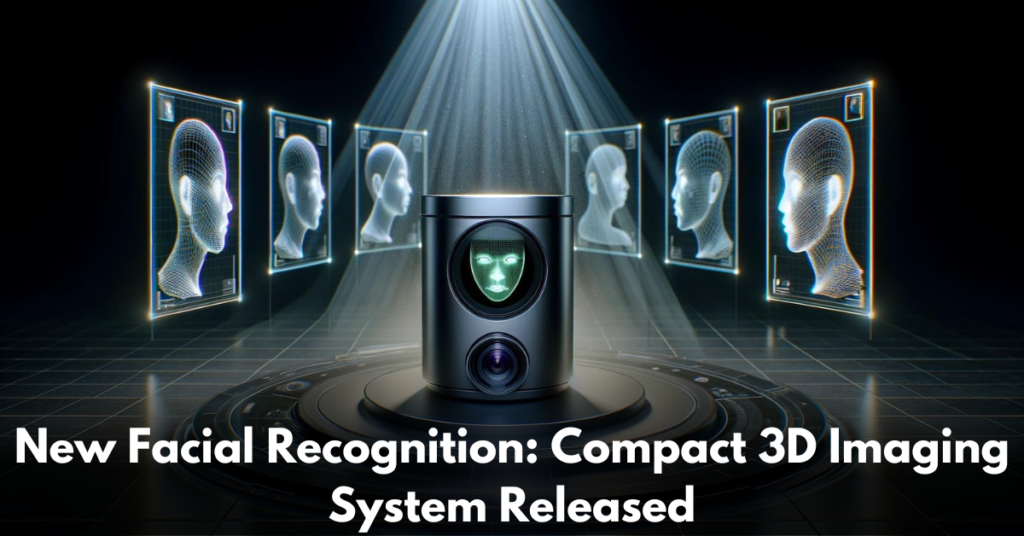New Facial Recognition: Compact 3D Imaging System Released
Researchers have developed a compact 3D surface imaging system that could revolutionize facial recognition technology. Innovative systems use advanced algorithms and infrared sensors to capture and analyze facial features very accurately. This makes it possible for devices like smartphones and security systems to work with it without any problems. The system’s compact design allows for more efficient and environmentally sound use of power, contributing to a more eco-friendly future.
Yu-Heng Hong, Hao-Chung Kuo, and Yao-Wei Huang came up with the system. It has a low-power laser and a flat gallium arsenide surface that has a particle pattern machined into it. The surface forms a metasurface that can scatter light into a grid of infrared dots. These dots can be projected onto an object or face and read patterns to confirm identity.
Algorithms and Infrared Sensors
In tests, the prototype demonstrated unparalleled precision, accurately identifying a 3D replica of Michelangelo’s David using significantly less power and a much smaller platform than traditional systems. Face recognition technology could soon be built into a wider range of devices, such as wearable technology and smaller smartphones.
The ability to fit facial recognition technology into smaller devices could have big effects on security systems, making it easier to add to door locks, access control systems, and surveillance cameras. The researchers think this new technology could be used in many areas, such as robotics and virtual reality. For robotics tasks like recognizing objects and navigating, reliable and accurate 3D imaging is essential. Accurate and efficient 3D mapping can improve user experiences and immersion in extended reality.
Applications in Robotics and Virtual Reality
The research that was published in Nano Letters paves the way for a time when facial recognition technology is very accurate and useful and is easily integrated into our daily lives. The smaller and less energy-hungry facial recognition technology could be built into a wide range of devices, making them better at identifying people. As miniaturization advances, it becomes possible for facial recognition software to be less noticeable and private, which ensures that privacy concerns are met.



